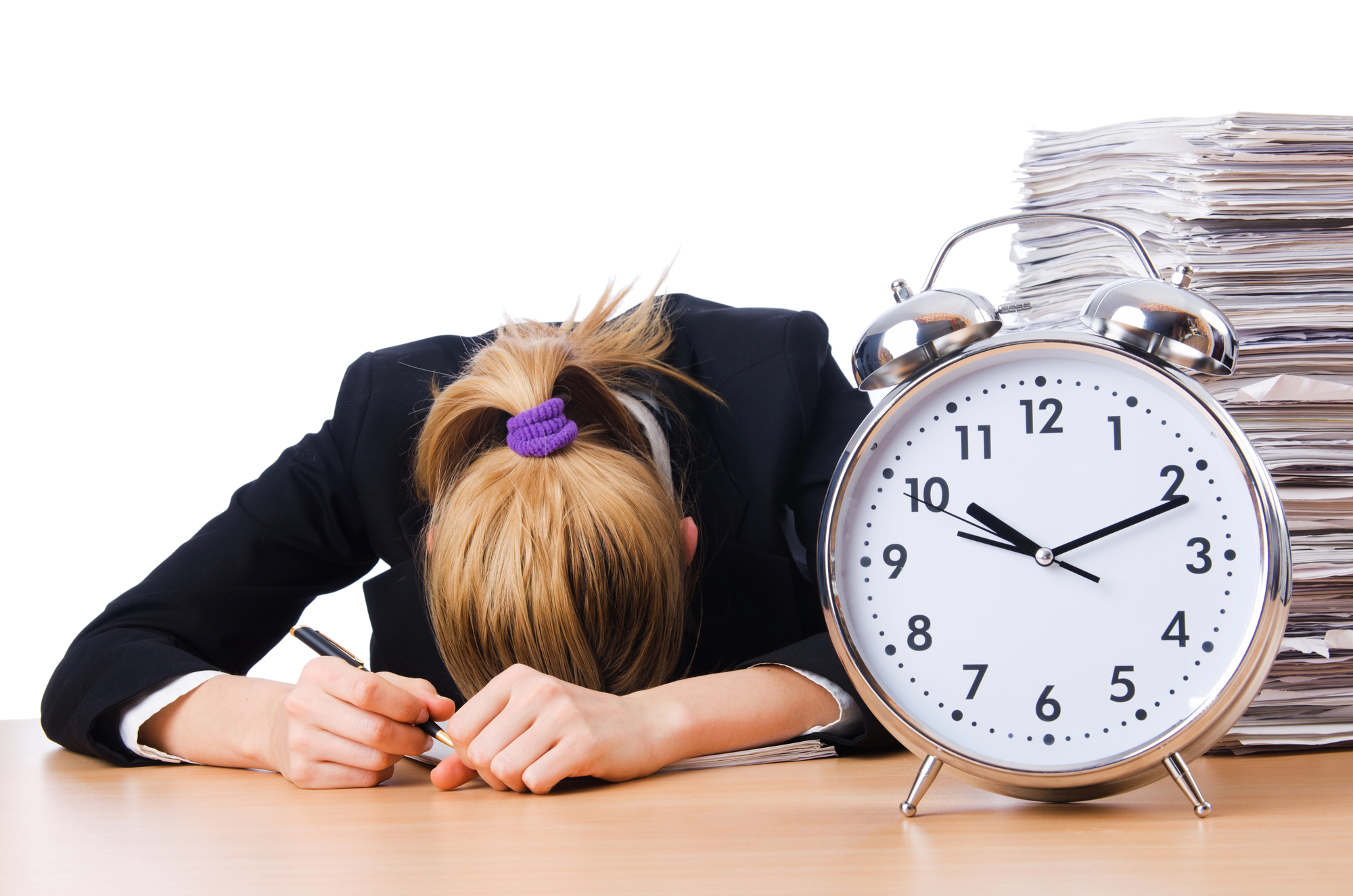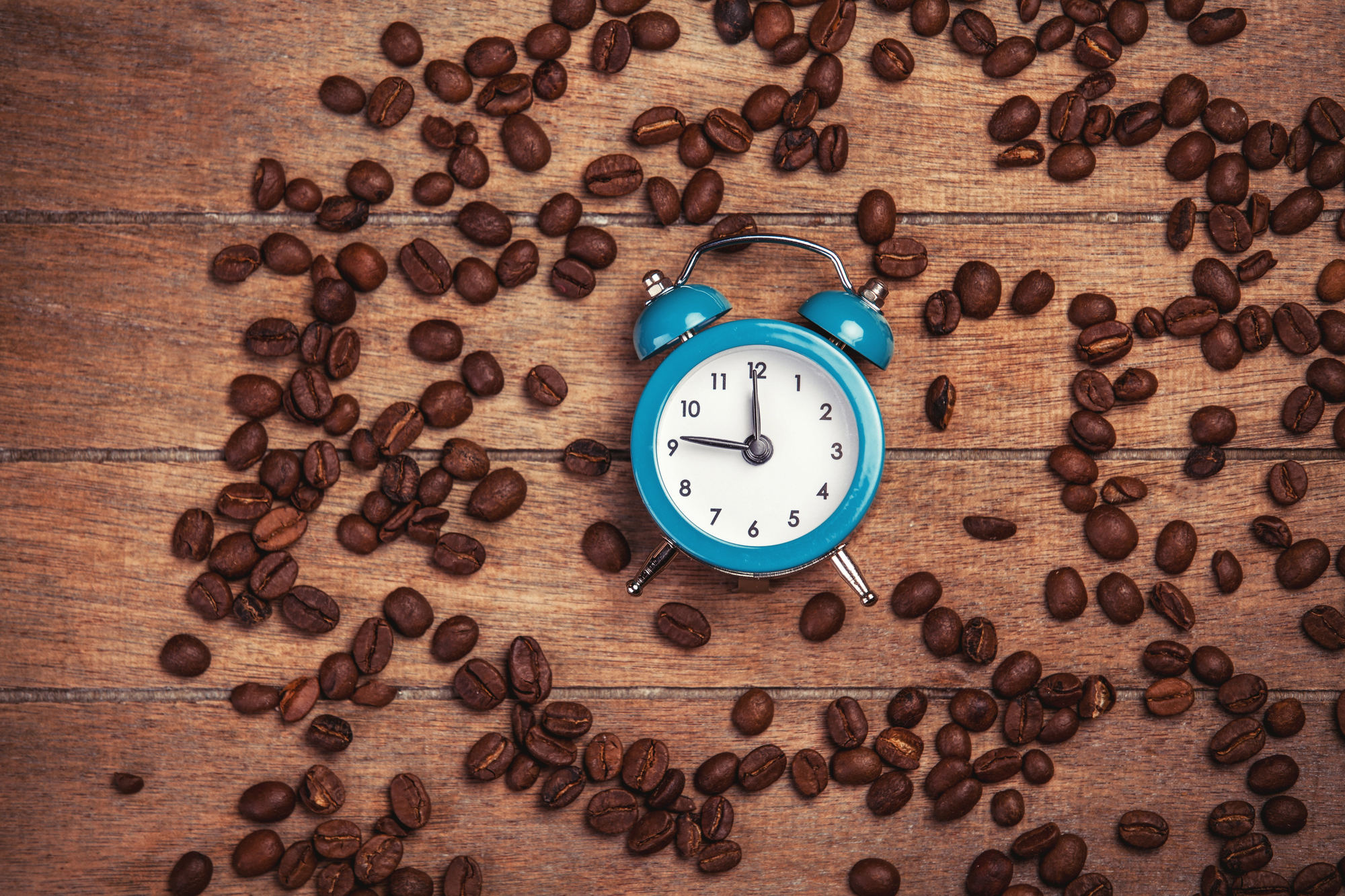If you find yourself hitting the “snooze” button on repeat or feel wired but tired throughout the day, you’re not alone. According to the National Institute of Health, one in three adults are sleep deprived—and when we factor in energetic kids, the pressures of the back-to-school season, early mornings, and busier schedules, it’s no wonder parents often feel especially stressed and struggle to get the quality sleep they need. The good news? With better sleep hygiene and a little help from mother nature, unwinding and catching more rejuvenating z’s doesn’t have to be just a dream.
Why Quality Sleep Matters
Sleep is one of the foundations of overall well-being, fueling us with the energy and resilience we need to thrive each day. We all know some tell-tale signs of a late night or hours spent tossing and turning, like brain fog, low mood, crankiness, and those good ol’ dark circles and puffy eyes.

These are all classic signs that our body is missing out on sleep’s restorative benefits. During those essential seven to nine hours of recommended beauty rest, the body is hard at work. Our immune system kicks into high gear, repairing tissues, building muscle, and fighting off infections; the brain also gets busy organizing and consolidating memories, processing emotions, and more. Without sufficient sleep, our cognitive functions falter, our mood deteriorates, and our physical health suffers–even struggles with weight management and certain diseases can be linked back to chronic sleep deprivation.
What Makes a “Good” Night’s Sleep?
When reflecting on your own sleep quality, the National Sleep Foundation offers several factors to consider:
For adults (aged 18-64):
- Are you able to get to sleep in 30 or less minutes?
- Do you wake up once or less during the night?
- Overall, is your wake time (after initially falling asleep) 20 minutes or less?
- Do you spend the majority of time in bed asleep (ex. sleeping 7 out of 8 hours in bed)?
If you answered “no” to any of the above, then (like many others) you’re probably familiar with the draining effects of sleep deprivation.
The Search for Sustainable Remedies
With so many of us regularly running on empty, it’s no wonder that quick “fixes” for lost sleep, like coffee, have become such a deeply ingrained part of our fast-paced culture. The American Heart Association estimates that 90 percent of adults consume some form of caffeine every day. As a stimulant, caffeine can certainly help with alertness during our waking hours, but it also leaves many prone to greater anxiety, jitteriness, and even worsened insomnia when it’s time to unwind for the night.

Traditional sleeping pills have even more troubling side effects. While these offer a temptingly quick send off into dreamland, daytime drowsiness and brain fog is a common side effect. Health experts caution against their long-term use, in part due to contraindications with everyday activities and medications. Sleeping pills also notoriously possess addictive qualities, making it easy to build up a tolerance and grow dependent on them to fall asleep at all.
A common thread you may notice among these popular remedies is that they tend to be habit-forming and can perpetuate the very problem they’re meant to help solve!
Good Sleep Hygiene Habits
When quick-fix band-aid solutions fail, a more holistic approach is often needed. The human body thrives on routine, and adopting natural sleep hygiene habits is a simple but powerful way to promote better sleep.
One science-backed practice is reducing exposure to blue light from screens (such as phones, tablets, and computers) at least one hour before bedtime; blue light interferes with melatonin production, the hormone responsible for regulating sleep.

As parents, we tend to focus our energy on enforcing daily routines for kids, but there’s no age limit on the benefits of a consistent bedtime routine! Just as it is for little ones, limiting sugar and having set sleep and wake times help regulate your body’s internal clock, telling your brain when to get its metaphorical pjs on and unwind each day.
Research has also shown that beyond what we do, how we feel plays a key role in sleep. Stress is closely linked to insomnia and interrupted sleep, as it triggers the release of stress hormones like cortisol. Understandably, the body has a hard time relaxing when it’s stuck in fight-or-flight mode! General stress management and incorporating relaxing activities into your pre-sleep routine–like reading, taking a warm bath, using mindfulness techniques (e.g., deep-breathing, yoga, or meditation)–can all help prepare your body and mind for a more restful sleep.
Natural Sleep Aid Alternatives
Nature is also full of healing ingredients that are gentle on the body, non-habit forming, and less likely to come with unwelcome side effects. Let’s take a look at a few:
Magnesium has grown in popularity in the past few years, and for good reason! It’s chock full of health benefits, and research has linked this mineral to better quality sleep, including one study that found it helped participants fall asleep faster by an average of 17 minutes.

Lettuce (or Lactuca sativa), particularly its milky sap, contains compounds that have sedative properties. Consuming lettuce and its extracts have been shown to be natural pain relievers which promote relaxation and sleep.
Lemon balm’s use for relaxation can be traced back to the medieval period, and combined with other calming herbs, it’s been shown to reduce anxiety and improve sleep.
L-tryptophan is an amino acid found in certain foods, and it’s actually a precursor to serotonin and melatonin, which are both critical for sleep regulation.
Passion flower has been traditionally used to treat anxiety and insomnia. It’s known to increase gamma-aminobutyric acid (GABA) levels in the brain, which promotes relaxation and sleep.

Zinc is an immune-supportive mineral that’s only obtainable through dietary sources. In studies, people with adequate zinc levels have been shown to experience better quality sleep compared to those with a zinc deficiency.
All-in-One Natural Solutions
When we could use an extra boost of help in the rest and relaxation department, natural remedies that offer a variety of science-backed ingredients can be a huge help for busy parents.
GoodNight! Natural Sleep Aid unlocks all the benefits of magnesium, Lactuca sativa, lemon balm, and L-tryptophan to support your sleep cycle, helping you fall asleep easier, sleep longer, and wake up feeling refreshed. This non-habit-forming aid comes in a standardized dose and single-use sachet that can be easily incorporated into your bedtime routine at home, or even taken on-the-go. It’s also vegan, gluten-, lactose-, and cruelty-free.

For extra daytime support, Relax Oral Spray Fast-Acting Stress Relief offers a perfect dose of calm. Formulated with passion flower, lemon balm, and zinc, this non-habit-forming aid relieves nervousness, restlessness, and stress—also setting you up for better success when bedtime rolls around. Vegan, made with GMO-free plant ingredients, and gluten- and lactose-free.

When the stress of the back-to-school season and life gets in the way of sleep, we need more than band-aid solutions to get back on track. With a few good sleep hygiene habits and calming, natural solutions on hand, you can wake up feeling truly rejuvenated and ready to rise to your potential.







